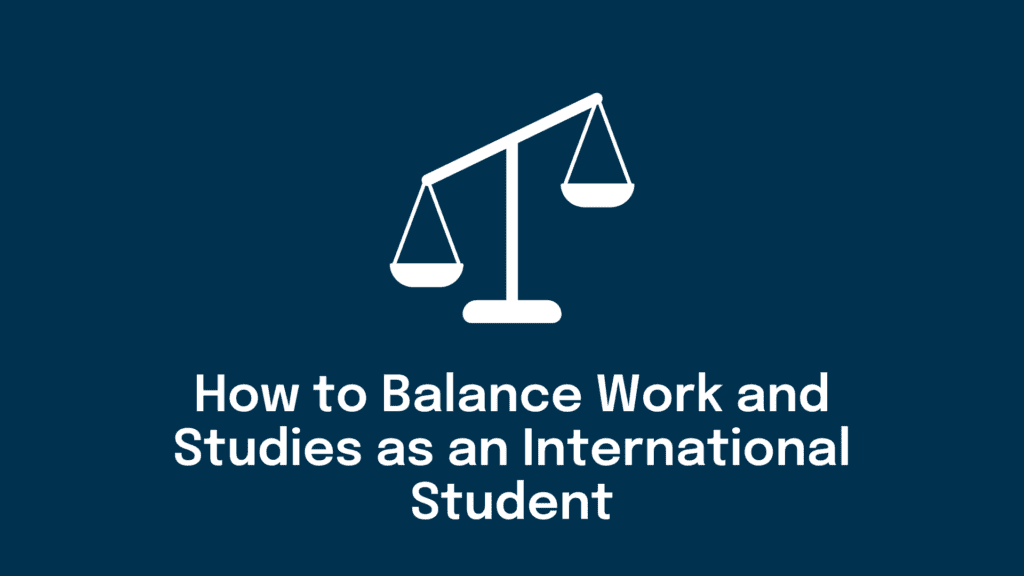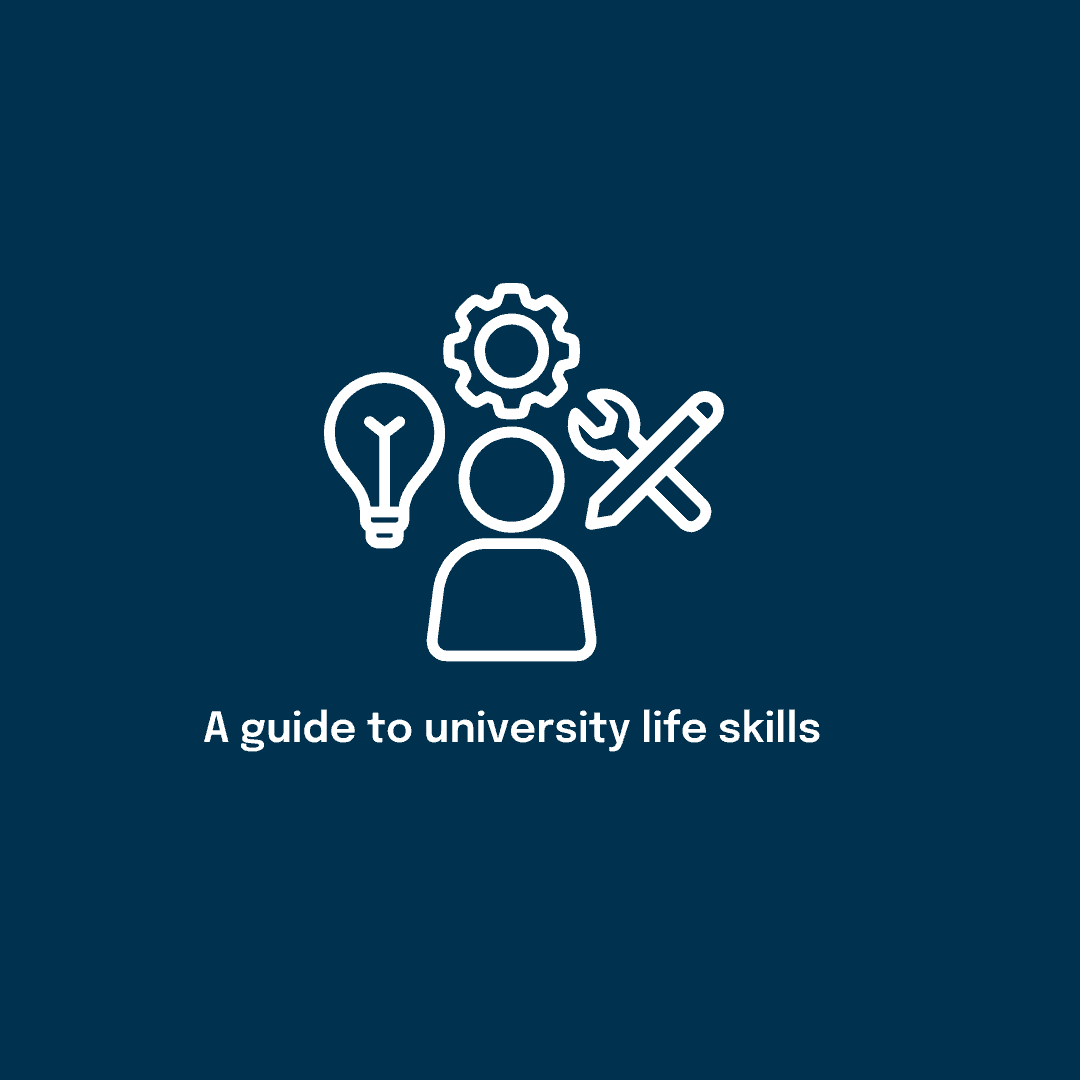How to Balance Work and Studies as an International Student

Embarking on the adventure of studying abroad as an international student is an exciting journey filled with opportunities for personal and academic growth. Working while studying can add tremendous value to your study abroad experience. It can enhance your overall experience, increase your employment prospects and make you feel more connected with the local area and culture. It is important to prioritise your studies and understand any visa-related employment rights and restrictions. Many international students choose to work part-time to make extra money, make friends and get invaluable UK work experience, which can improve future job prospects. Working part-time while studying has many benefits, but it also requires careful planning and organisation to strike a balance between work and studies. Here are some tips to help you navigate this balancing act effectively.
Working a job that is flexible
Having a flexible job is good because you can pick up or drop hours depending on your needs. Some weeks you may be busier at university, and some weeks may be quieter, so it’s important to have a flexible job.
It is also a good idea to reduce your working hours during the assessment/exam period, so your studies can be your sole focus.
During peak academic periods such as assessments or exams, consider reducing your work hours to alleviate pressure and allow dedicated time for studying. Your studies should always take precedence during these critical times.
Moderate Your Work Hours
While the temptation to work more hours for extra money may be strong, it’s essential to prioritise your wellbeing. However, it’s crucial to remember that as a Student Route visa holder, your work entitlement is linked with the level of study and the type of degree you are enrolled in.
_________
Here’s a breakdown of the regulations for students studying at the University of Chichester:
For individuals under other visa categories, such as PBS dependants, ILR holders, Visitors, Short-term students, etc., your vignette Biometric Residence Permit, or eVisa will specify whether you are permitted to work.
If you are a dependant of a Student Route visa holder studying at the University of Chichester, you are allowed to work. However, if you are in the UK on a visitor route or short-term study route visa, you are not permitted to work, volunteer, or engage in work placements.
Utilise Holiday Breaks
Make the most out of your longer holiday breaks to work full-time to earn extra money and gain work experience. As an undergraduate student, you can use the longer summer holidays to save money for the upcoming academic year. By planning your work schedule around university holidays, you can be more focused on your studies during term time.
If you are a postgraduate student, your full-time work options are limited due to the nature and length of the degree. You can usually work full-time during the university’s winter and spring breaks as well as after completing your studies.
Make sure you’re organised
University assignments, a job and your social life can be tricky to balance. Keeping organised can be useful to not feel overwhelmed and know what you’re doing each day. A weekly planner is a good tool for writing the days you have lectures and when you’re working.
If you’re ever struggling with money or would like some advice, Chichester University has a great Student Money team that can help with issues such as budgeting and money management.
They can be contacted via studentmoney@chi.ac.uk
Tap into University Resources
Chichester University also offers an invaluable (and FREE!) Careers and Employability Service. Whether you want, CV advice, career support, or anything employment-related, the careers team are on hand to advise and support you.
In addition, our International Advice team can help you understand what it means to have a student visa and how this impacts your employment opportunities during and after your studies. The team offer information on post-study work visa options, for example, the Graduate Route visa, which allows you to stay in the UK for 2 years to work after you successfully complete your studies.
Careers Fairs
The university also hosts careers fairs on both campuses which is a great way to explore the employability opportunities in the local Chichester and Bognor Regis areas.
Work placements
As a Student Route visa holder studying full-time at a degree level or above you can take part in a work placement as long as it is an integral and assessed part of the programme.
Please take a look at our Student Route Visa & Employment rules to have a comprehensive overview of our rules and regulations regarding student visas.
In conclusion, while juggling work and studies as an international student may present its share of challenges, with proper planning and utilisation of available resources, you can achieve a harmonious balance between the two. By prioritising flexibility, moderation and organisation, supplemented by university support services, you can navigate this journey with confidence and success. Remember, your academic pursuits are your priority, and a balanced approach ensures a fulfilling and enriching student experience.



